Introduction
College essays in 2025 remain a critical part of the admissions process. As standardized testing becomes optional at more institutions and application numbers continue to rise, essays play an increasingly central role in helping admissions officers understand who applicants are beyond their grades and test scores.
In 2025, college essays are evolving in response to broader changes in higher education. With more schools adopting holistic review processes, essays offer students the opportunity to showcase their voice, values, and experiences. Additionally, the growing use of AI tools in writing and reviewing applications has prompted colleges to place greater emphasis on authenticity and personal insight in essays.
This guide walks you through every step of crafting effective college essays in 2025. It covers how to plan your approach, write with clarity and purpose, revise for impact, and personalize your essay to stand out in a competitive admissions landscape.
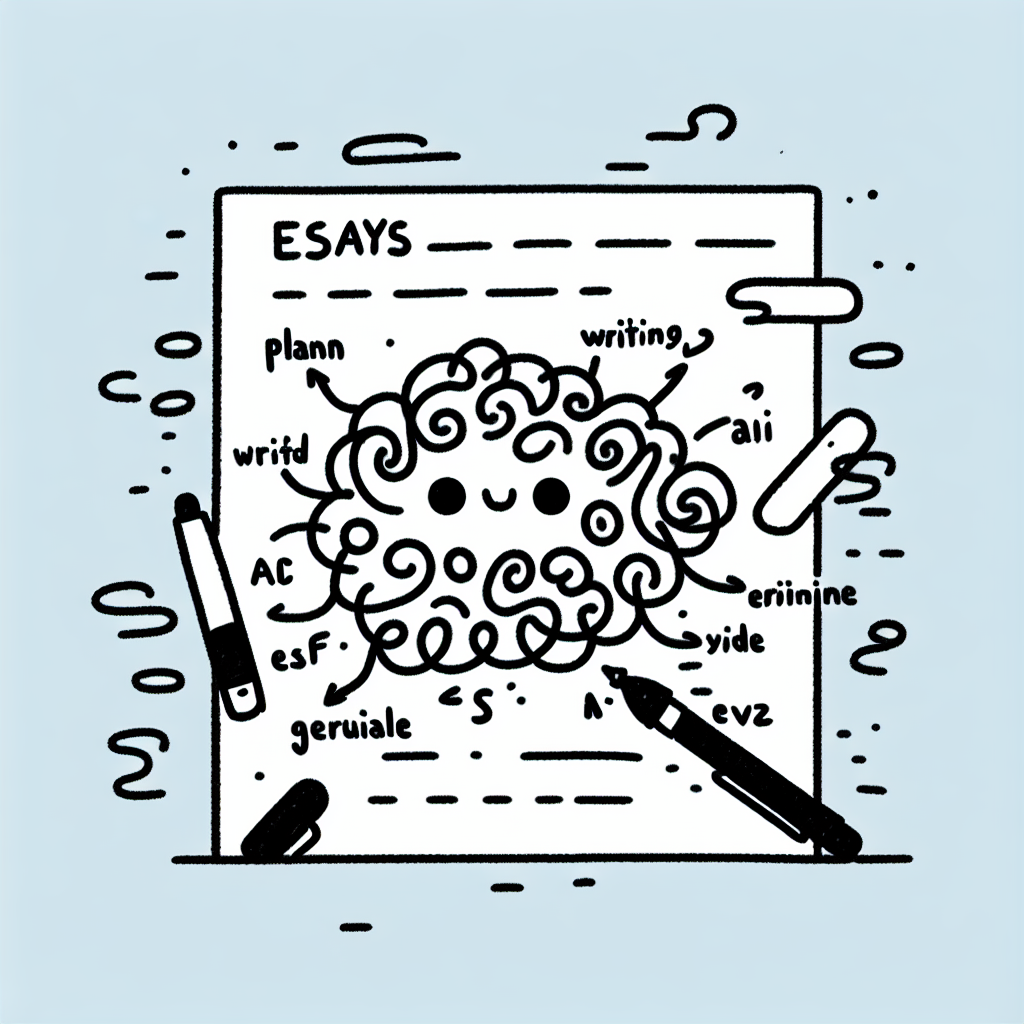
Understanding the Role of College Essays
A. Purpose in the Admissions Process
In the 2025 admissions cycle, college essays continue to play a critical role in holistic evaluations. While grades and standardized test scores offer a quantitative measure of academic performance, college essays provide qualitative insight into an applicant’s character, values, and experiences. They help admissions officers understand the person behind the numbers.
Essays offer important context for academic records. For instance, a student with slightly lower grades may use the essay to explain personal challenges or highlight resilience and growth. Conversely, for students with strong academic profiles, the essays become a space to distinguish themselves further. Two applicants might have identical GPAs and SAT scores, but their essays can reveal very different personalities, goals, and fit for a particular institution.
B. Types of College Essays
There are several types of college essays that students may encounter during the 2025 application process:
- Personal Statement: This is typically the central essay submitted through applications like the Common App. It allows students to share a meaningful story or personal insight that reflects who they are.
- Supplemental Essays: These are additional prompts required by individual colleges. They often focus on why the student is applying to that particular school, how they align with the institution’s values, or how they plan to contribute to campus life.
- Scholarship Essays: These essays are used to determine eligibility for merit-based financial aid. They usually focus on academic achievements, leadership, community service, or specific goals related to the scholarship’s purpose.
- Transfer Application Essays: For students seeking to move from one college to another, these essays explain the reasons for transferring and how the new institution better aligns with their academic and personal goals.
Understanding these types and their purpose helps applicants tailor their writing to each context, maximizing the impact of their college essays in 2025.

Getting Started: Planning and Preparation
Analyzing and Understanding the Prompt
Before writing any college essays for 2025, it’s critical to thoroughly analyze the prompt. Many college application prompts fall into recurring categories, such as personal growth, overcoming challenges, or describing a meaningful activity. Start by breaking down the prompt into manageable parts. Identify what the question is truly asking—look for directive words like "describe," "explain," "reflect," or "analyze."
Pay close attention to keywords and expectations. For example, a prompt asking you to "reflect on a time you challenged a belief" requires both a narrative and an introspective response. Understanding the nuances of the prompt ensures that your essay remains focused and relevant. For guidance on how to interpret writing prompts effectively, refer to resources like Ramapo College of New Jersey.
Brainstorming and Topic Selection
Once the prompt is understood, the next step is brainstorming. Start by considering personal experiences that have shaped who you are. While it might be tempting to write about abstract ideas, admissions officers typically respond better to essays grounded in real-life events. Avoid overused themes such as winning a big game or going on a mission trip—these can feel generic unless approached with a unique perspective.
Effective brainstorming techniques include journaling about significant life events or using mind maps to connect experiences with broader themes. These methods can help uncover meaningful stories that align with the college essays 2025 prompts while showcasing your individuality.
Research and Inspiration
Drawing inspiration from your everyday life can make your essay more authentic. Think about the small moments that reveal your values, interests, or personality traits. Tying your experiences to real-world events or academic interests can also add depth and context.
Reading successful essay examples is another way to find inspiration. These examples can provide insight into how structure and tone contribute to a compelling narrative. As you prepare your college essays 2025, keep in mind that your goal is to present a clear, honest story that reflects who you are and what you care about.

Crafting the Essay: Writing Strategies
Structuring Your Essay
When approaching college essays 2025, selecting the right structure is essential for effectively conveying your story. Common approaches include the narrative arc, which follows a clear beginning, middle, and end to show personal growth over time; the montage style, which assembles a collection of related experiences or themes; and thematic structures, which organize content around a central idea or value. Choosing the best structure depends on the nature of your story and the message you wish to communicate. Consider which format allows your voice and experiences to shine most authentically.
Developing a Strong Thesis or Core Message
A successful college essay hinges on a clear and focused thesis or core message. Ask yourself: what should the reader remember after finishing your essay? Your thesis should reflect your personal values and be deeply rooted in your own voice. Rather than stating it explicitly, embed this message through the choices you make in storytelling and reflection. This creates a cohesive narrative that subtly reinforces your key point.
Writing the Introduction
The introduction sets the tone for your college essays 2025. Begin with a compelling hook—this could be an anecdote, a thought-provoking question, or a bold statement. The goal is to grab attention while smoothly transitioning into the main idea of your essay. Provide enough context to orient the reader without revealing everything upfront, inviting them to read on.
Building the Body
In the body of your essay, aim to show rather than tell. Use vivid details, specific examples, and personal reflections to bring your experiences to life. Focus on how these experiences contributed to your personal development. Each paragraph should logically connect to the next, maintaining a coherent flow that supports your thesis. This section is where readers see your growth and how your story illustrates qualities that colleges value.
Concluding with Impact
Your conclusion should reinforce the core message of your college essays 2025. Avoid merely summarizing; instead, reflect on what your experiences mean for your future. A forward-looking perspective—such as aspirations or new understandings—leaves a lasting impression and demonstrates maturity and self-awareness.
Writing Process Tips
Effective writing is an iterative process. According to the Columbia College Writing Center, strategies like freewriting can help generate ideas without pressure, while outlining provides structure before drafting. Revision is equally important—return to your essay multiple times to refine your language, clarify your message, and ensure your voice remains consistent throughout. These practices can greatly improve the quality of college essays 2025.
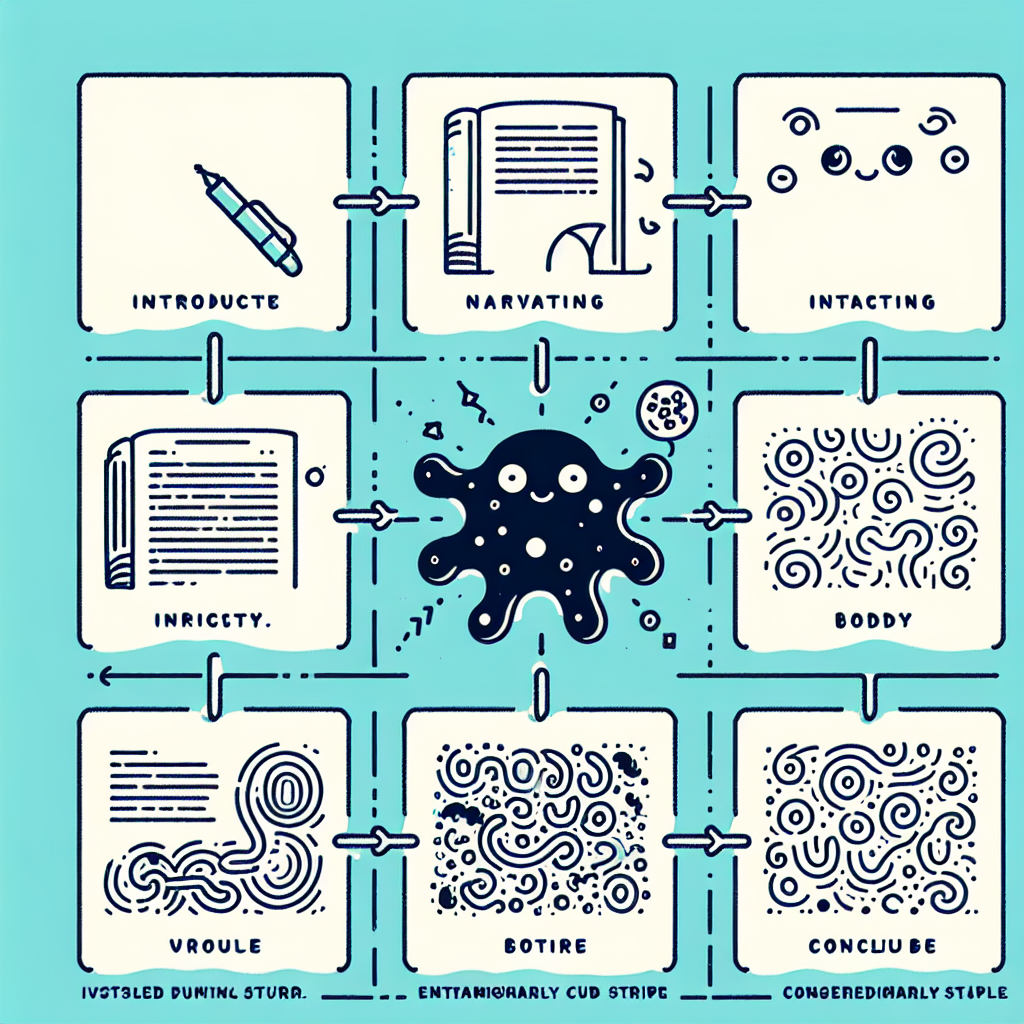
Discipline-Specific Essay Considerations
When writing college essays for 2025, tailoring your content to reflect your intended field of study can strengthen your application. Admissions officers look for alignment between your academic interests and your personal story, especially in discipline-specific essays.
STEM-Focused Essays
For students interested in STEM fields, college essays should highlight problem-solving skills, intellectual curiosity, and a drive for innovation. Describe experiences that demonstrate your analytical thinking—such as participating in science fairs, coding projects, or math competitions. Integrate personal anecdotes that reveal your passion for discovery and how you've applied scientific principles in real-world settings. These essays benefit from showing how your interest in STEM evolved and how you plan to pursue it academically and professionally.
Humanities and Social Sciences Essays
Applicants to humanities and social sciences programs should focus on critical thinking, communication, and cultural awareness. Reflect on specific books, courses, or life experiences that shaped your worldview. For instance, you might discuss a history class that changed how you view current events or a novel that influenced your understanding of identity. Use the essay to demonstrate your ability to engage with complex ideas and articulate thoughtful perspectives.
Arts and Creative Fields
In essays for arts and creative fields, balance expressive flair with clear structure. Highlight your artistic process, sources of inspiration, and how your creative identity has developed over time. Whether you’re a visual artist, musician, or writer, explain how you approach your craft and what your work represents. Incorporate stories that illustrate your commitment to your discipline and how you handle creative challenges.
For additional discipline-specific writing guidance, consult the Harvard College Writing Center.
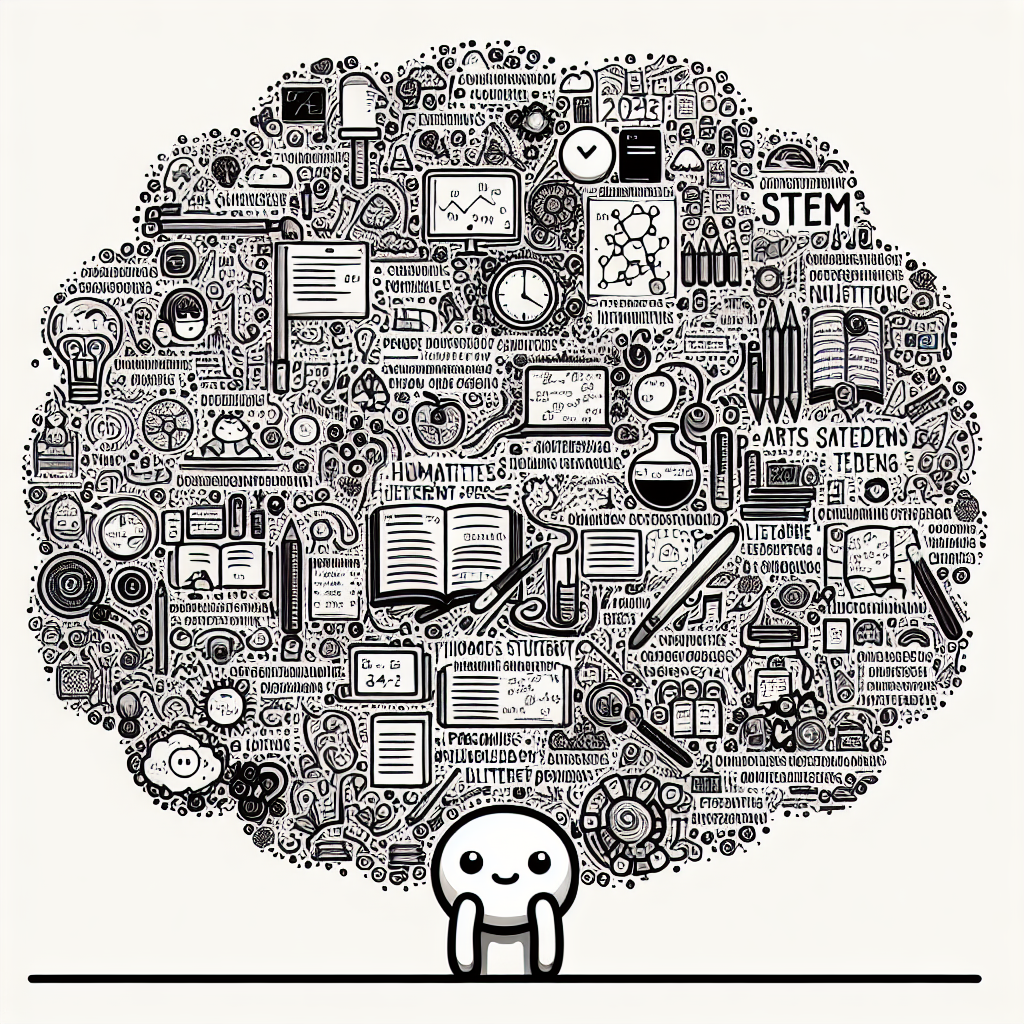
Personalizing and Polishing Your Essay
Finding and Expressing Your Unique Voice
When writing college essays 2025, it's essential to express your authentic self. Admissions officers read thousands of essays, so using formulaic language or clichés can make your application blend into the background. Instead, strive to write in your natural voice, choosing words and topics that genuinely reflect your personality, values, and experiences. Embracing vulnerability and honesty can add depth and sincerity to your essay. Sharing real moments, including challenges and growth, often resonates more than trying to sound overly impressive or polished.
Revision Techniques
Revision is a critical part of crafting compelling college essays 2025. According to Ramapo College of New Jersey, effective revision involves rethinking structure, clarity, and purpose—not just fixing grammar. Start by reviewing your essay for logical flow and cohesion. Seek feedback from trusted peers, mentors, or writing center professionals who can provide objective insights. Reading the essay aloud can help catch awkward phrasing or unclear sentences, while reverse outlining can clarify the organization and ensure each paragraph contributes to your overall message.
Proofreading and Technical Accuracy
After revising for content and structure, focus on proofreading to ensure technical accuracy. For college essays 2025, correct grammar, punctuation, and word choice are crucial in demonstrating attention to detail. Watch out for common mistakes like run-on sentences, misplaced modifiers, or incorrect homophones. However, avoid over-editing to the point where your voice becomes stilted or overly formal. The goal is to maintain clarity and correctness without sacrificing authenticity.
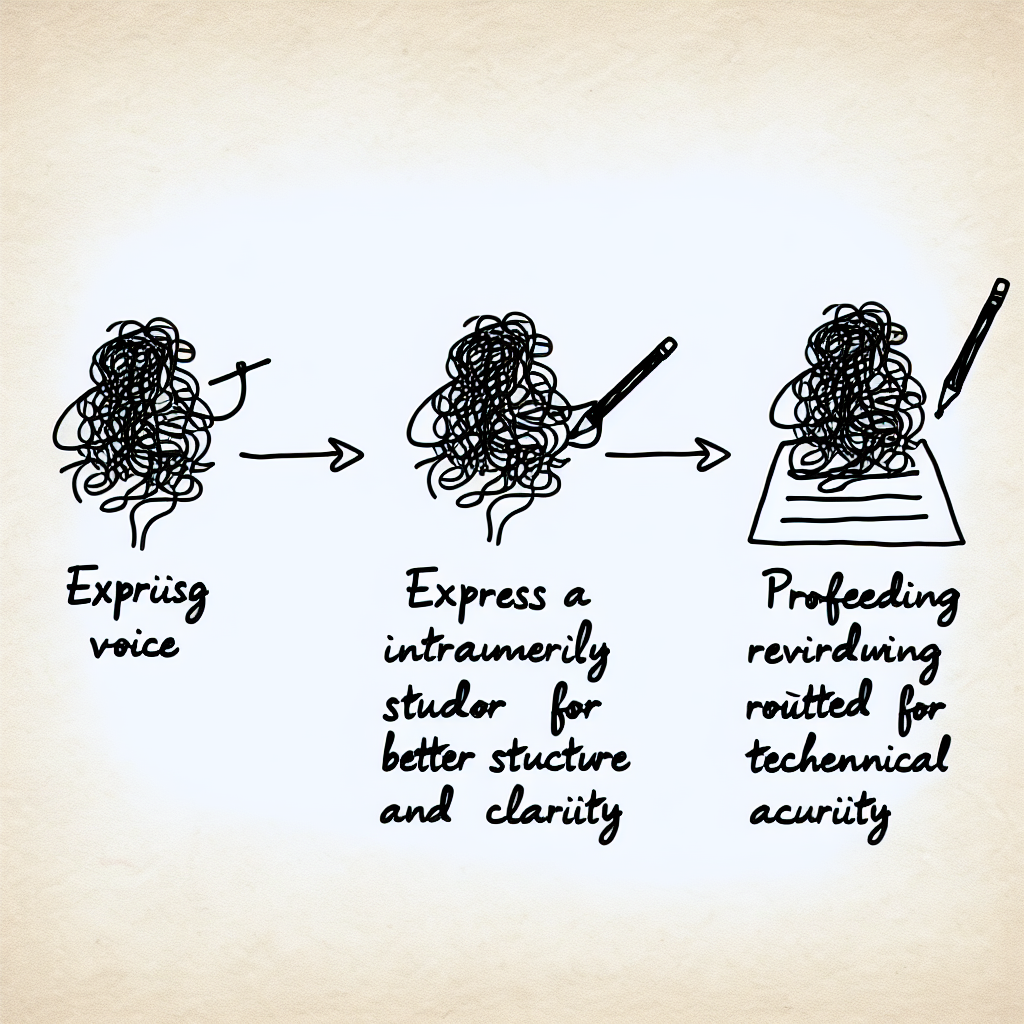
VI. Application-Specific Writing
A. College Application Essays
When writing college essays for 2025, it's important to tailor each essay to the specific college you're applying to. Generic responses won't stand out. Instead, research each institution’s values, programs, and campus culture. Use that information to align your message with what the college prioritizes. For example, if a school emphasizes community engagement, highlight your volunteer work and how you plan to continue that involvement on campus.
Resources like Central Piedmont Community College offer valuable tips on how to adapt your essays to meet varying application requirements across colleges.
B. Scholarship Essays
Scholarship essays should directly address the given prompt. Clarity and passion are critical. Be specific about your goals, achievements, and how they relate to the scholarship's mission. Clearly demonstrate financial need or academic merit when relevant. Align your story with the core values of the organization offering the scholarship to show you are a strong fit.
C. Transfer Essays
Transfer essays should explain your reasons for transferring and outline your academic and career goals. Focus on what you’re seeking in a new institution and how it better fits your aspirations. Maintain a positive tone about your previous college experiences—don’t criticize your current school. Instead, emphasize growth and the desire for new opportunities that align more closely with your goals for college essays 2025.
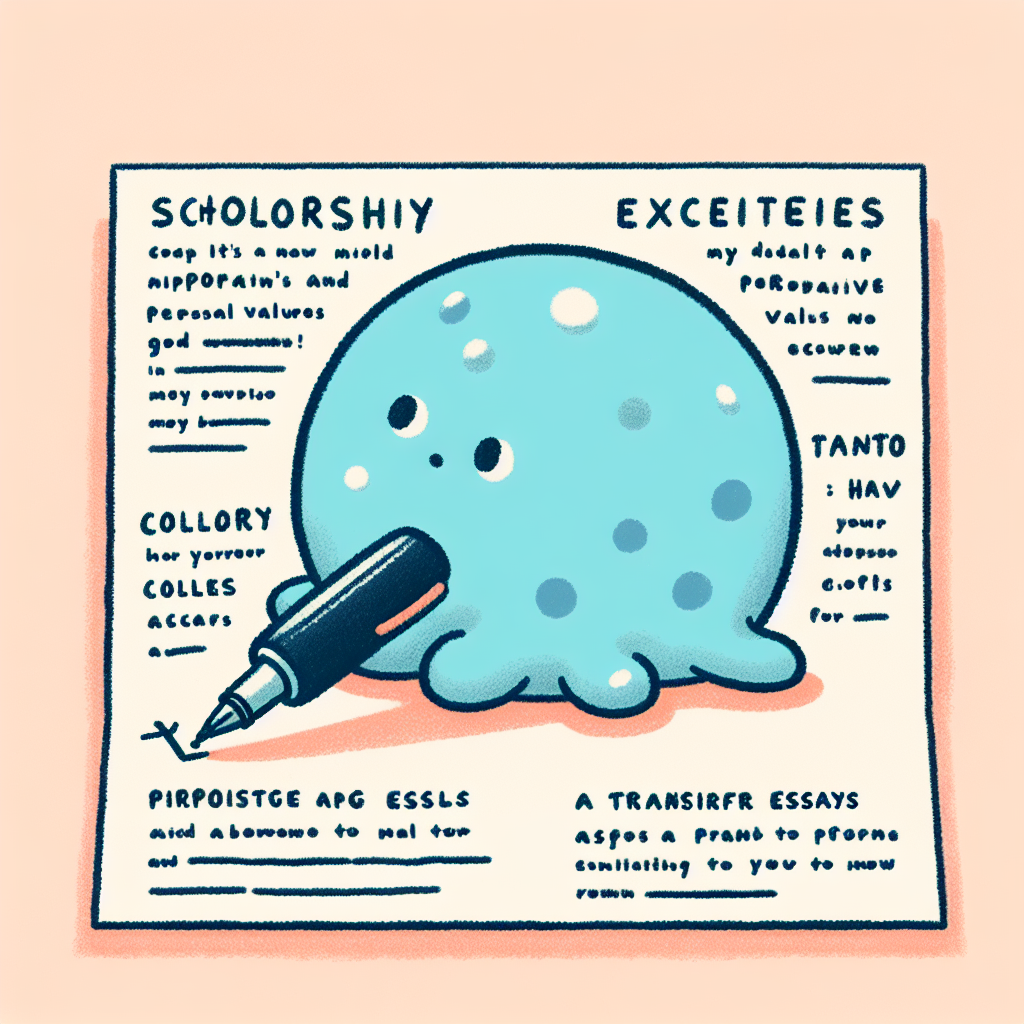
Citation and Ethical Practices
Academic Integrity in Writing
Academic integrity is essential when writing college essays in 2025. Students must avoid plagiarism by ensuring their work is original and properly attributed. Plagiarism includes copying text without citation, paraphrasing too closely to the source, or presenting someone else's ideas as your own. Maintaining originality means developing your own voice and perspective while clearly distinguishing between your thoughts and the ideas or words of others.
To uphold ethical standards, any information, data, or quotes drawn from other sources must be properly cited. This not only gives credit to the original authors but also strengthens the credibility of the essay.
Citation Techniques
There are several citation styles commonly used in college essays, including MLA, APA, and Chicago. The appropriate style depends on the topic and academic discipline. For example, MLA is often used in the humanities, APA in the social sciences, and Chicago in history or other disciplines that prefer footnotes.
Writers should refer to reliable resources, such as the Harvard College Writing Center, for guidance on proper citation practices. These resources provide detailed instructions on how to format in-text citations, bibliographies, and footnotes accurately.
Following citation conventions not only avoids academic misconduct but also demonstrates attention to detail and respect for scholarly work—key elements in writing strong college essays in 2025.
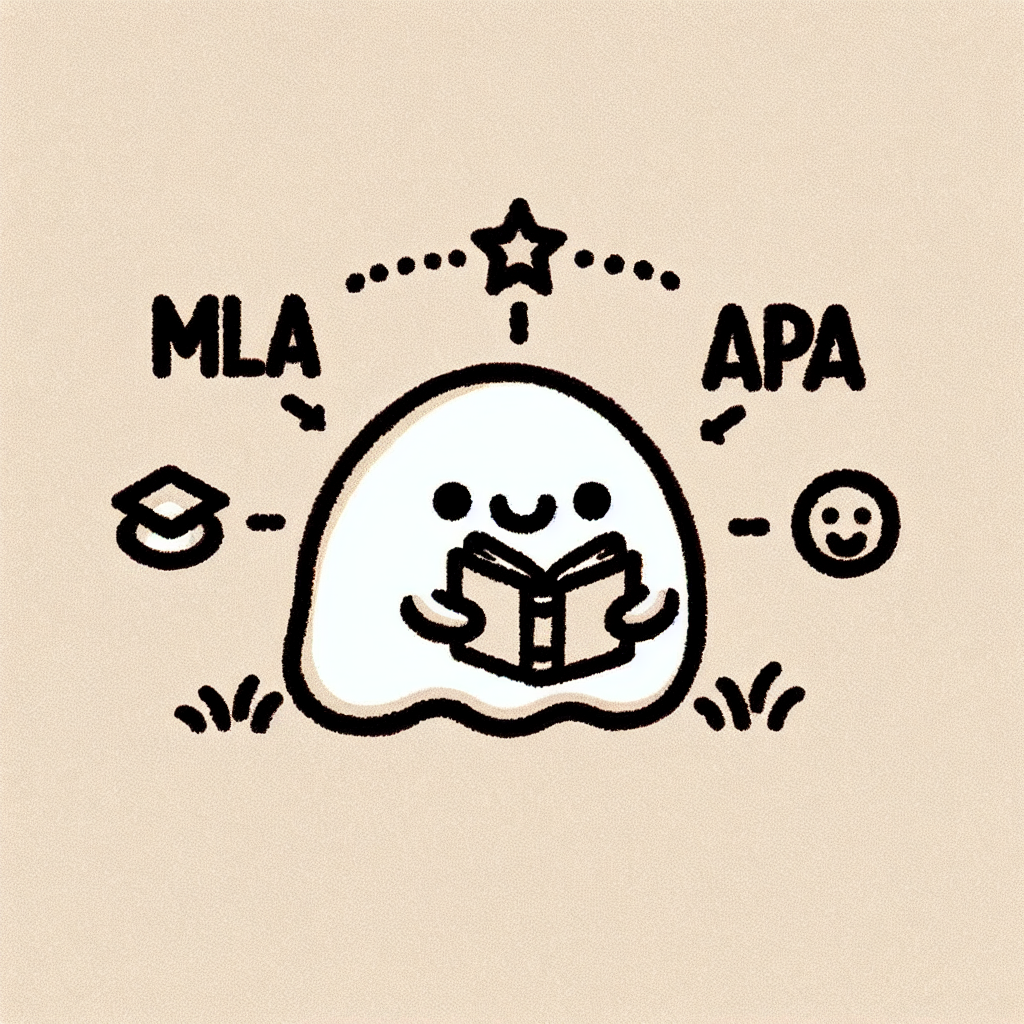
Utilizing Campus and Online Resources
Writing Centers and Academic Support
College essays 2025 applicants can benefit greatly from using on-campus writing centers. These centers often provide in-person writing consultations, where students can receive one-on-one feedback on their drafts. Working with trained tutors helps students refine their ideas, improve organization, and strengthen grammar and style. In addition to individual appointments, many writing centers offer peer tutoring and virtual workshops that cover key topics like thesis development, revision strategies, and personal statement writing.
Online Tools and Guides
In addition to campus support, students preparing college essays 2025 can explore a variety of online tools. The University of Rhode Island Academic Enhancement Center offers writing guides and resources specifically tailored to college-level writing and personal statements. These resources can be accessed anytime, making them convenient for busy students.
Grammar checkers like Grammarly and Hemingway Editor help catch common writing errors and improve sentence clarity. Readability tools ensure that essays are accessible and engaging, while revision apps like ProWritingAid assist with structure and flow. Using a combination of these tools can enhance the overall quality of college essays 2025.

IX. Final Checklist Before You Submit
Before sending in your college essays 2025, go through this final checklist to ensure your work is polished and complete:
✅ Is your essay focused and personal? Make sure your essay sticks to a clear theme and shares a story that reflects your unique perspective. Avoid generalizations and ensure the content is centered around your personal experiences and growth.
✅ Have you answered the prompt? Double-check that your response directly addresses every part of the prompt. Colleges use these questions to evaluate how well you understand and follow instructions.
✅ Is your voice authentic? Admissions officers want to hear your real voice. Read your essay aloud—does it sound like you? Avoid overly formal language or trying to impress with big words.
✅ Have you received feedback? Have at least one trusted person—like a teacher, counselor, or mentor—review your essay. Fresh eyes can catch unclear parts or suggest improvements you might have missed.
✅ Is everything proofread and clean? Spelling, grammar, and punctuation matter. Carefully proofread your essay, and consider using writing tools or asking someone else to review it to catch lingering errors.
Completing this checklist helps ensure your college essays 2025 are ready for submission and reflect your best work.

Conclusion
Writing strong college essays in 2025 requires careful planning, honest reflection, and clear communication. The process begins with understanding the prompt, brainstorming ideas, outlining your thoughts, drafting, and revising multiple times. Each step matters in crafting a compelling narrative that represents who you are.
Starting early allows time to refine your ideas and avoid last-minute stress. Being authentic ensures your voice comes through clearly, while embracing the journey can make the experience more meaningful, even enjoyable.
A well-written college essay can set your application apart. It offers admissions officers a glimpse into your character, values, and potential beyond test scores and transcripts. By investing effort into your essay, you give yourself the best chance to stand out in the competitive college admissions landscape of 2025.







.png)






